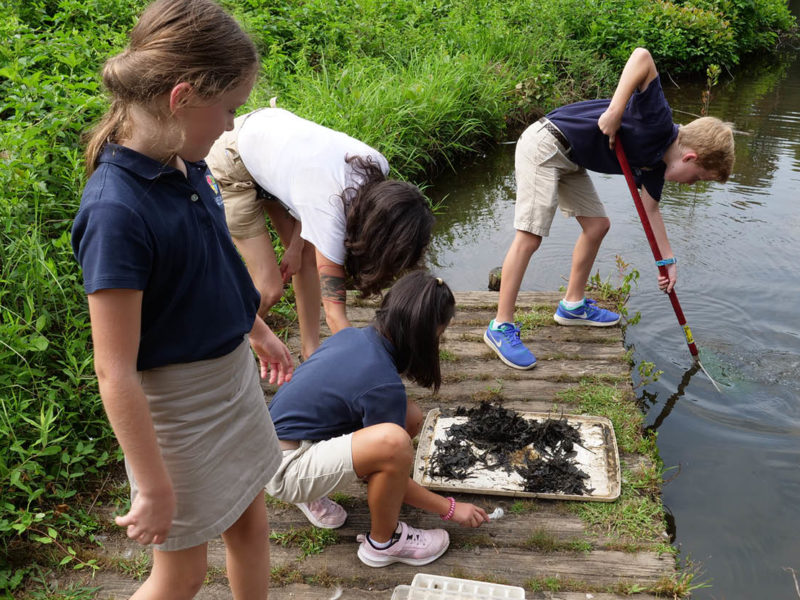Nurturing Connections and Sustainability
Cultivating CNC's Community through Horticulture
Jacqueline McRae, Horticulture Manager | Helen Brose, Marketing Specialist
Chattahoochee Nature Center’s Horticulture Department exemplifies unwavering commitment to the safeguarding and sustainability of the Chattahoochee River Watershed. We showcase our initiatives such as the Horticulture Symposium, seasonal native plant sales, active involvement in conservation projects, and a steadfast commitment to fostering a healthy community through substantial food donations from the Unity Garden to organizations like North Fulton Community Charities.
This holistic approach underscores CNC’s integral role in environmental stewardship and community engagement. Below, you will see snapshots of some incredible results from programs and projects spearheaded by CNC’s Horticulture Department.
Go Wild with Your Gardening: A Horticulture Symposium
Since its inception in 2022, each year, close to 150 gardeners travel to CNC from all over Greater Atlanta to be inspired by and learn about why and how to garden in a more wildlife-friendly manner from published authors, community educators, and professors at CNC’s Horticulture Symposium.
While the 2024 symposium is full, there are plenty of opportunities to go wild with your gardening at upcoming native plant sales!
Spring and Fall Native Plant Sales

CNC is proud to host two major native plant sales in spring and fall. Over the course of 2023, CNC sold more than 250 different varieties of plants native to Georgia, helping to make sure there are more plants that are beneficial to our local ecosystems growing in hundreds of private gardens and community greenspaces.
Why buy native plants? They significantly impact the environment and help sustain a healthy ecosystem while promoting biodiversity. According to CNC’s Horticulture Manager Jacqueline McRae, “Plants native to Georgia, meaning plants that our Georgia birds and wildlife depend upon, belong in our Georgia gardens because they provide sources of food, shelter, and places to rear young at the exact times that the natural world needs these things most.” She adds that “When you grow native plants, even on a small scale in a container garden, you are going to make a positive difference for the nature in your yard. It feels really good to watch pollinators visiting the plants you’re growing in summer or to see a chipmunk gather fallen seeds or nuts in fall.”
Great Southeast Pollinator Census
Together with 45 CNC visitors, we counted 1,892 pollinators landing on native plants in the Butterfly Garden during the Great Southeast Pollinator Census, including bees, butterflies, wasps, and small flies! According to GSEPC Project Coordinator Becky Griffin, the goals are to create sustainable habitats for pollinators that provide food, shelter, and protection, to increase the entomological literacy within the community, and to track trends that allow researchers to see how pollinator populations are being affected.
Campus Grounds Projects
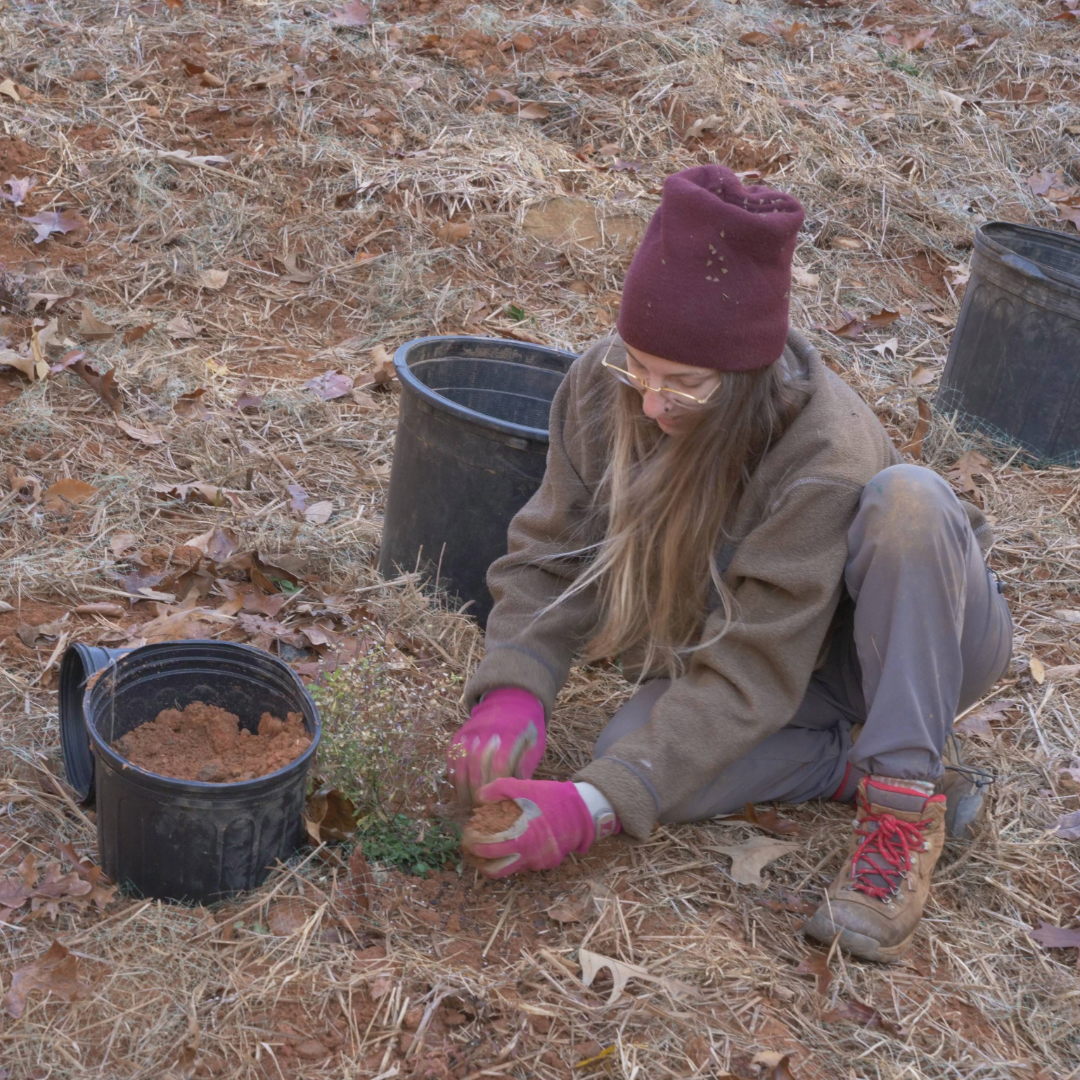
If you have been to CNC’s campus in the last several months, you may have noticed the powerline replacement on the hill above Beaver Pond. Prior to the start of the project, the Horticulture Department rescued native plants that would have otherwise been bulldozed and is now working hard to replant the area to maintain a healthy ecosystem.
Have you ever heard of a wattle? In addition to creating a beautiful natural barrier, the wattles CNC has created out of fallen limbs and branches around the grounds provide additional shelter for local wildlife and inspire us to keep dead wood on our properties, giving our local insects a safe place to overwinter. Read more about the benefits of wattles here.
Conservation Projects & Grants
Within CNC’s 3 acres of native plant gardens, the Horticulture Department has incorporated endangered and protected Georgia native plants to ensure their success in a safe environment and to be viewed by CNC visitors. They have also added 50 botanical plant signs to educate on the ecological benefits of favorite blooming plants.
According to Conservation Horticulturist Henning von Schmeling, CNC received a grant funneled through the Georgia Department of Natural Resources to work with five federally endangered plant species from Northwest Georgia, including the Alabama Leather Flower (Clematis socialis), Morefield’s Leather Flower, (Clematis morefieldii), Virginia Spiraea, (Spiraea virginiana), Mohr’s Barbara’s buttons (Marshallia mohrii), and Tennessee Yellow Eyed Grass (Xyris tennesseensis).
CNC is working in tandem with the State Botanical Garden and Atlanta Botanical Garden on the same grant with each institution collecting other plants that are federally endangered. After this five-year project ends, CNC will receive a set of all extra and propagated plants from the State Botanical Garden and Atlanta Botanical Garden, and they will receive a set from CNC in return. This ensures that there are three different organizations that safeguard these rare plants in their conservation collections.

Volunteer Impact
Our Fearless Grounds Volunteers, who show up rain or shine each week, have uncovered many mature native plant treasures such as Kalmia latifolia, Mountain Laurel, by removing unwanted invasive plants and aggressive brambles and vines.
In the Unity Garden, corporate, civic, and school group volunteers have invested close to 3,000 hours of service to produce over 9,500 pounds of more than 100 different varieties of produce. All produce is donated to the North Fulton Community Charities Food Pantry!

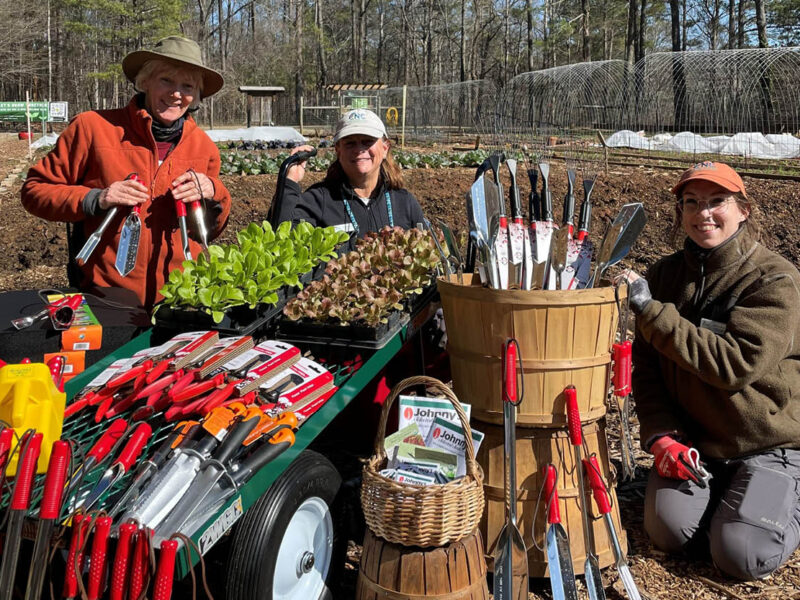
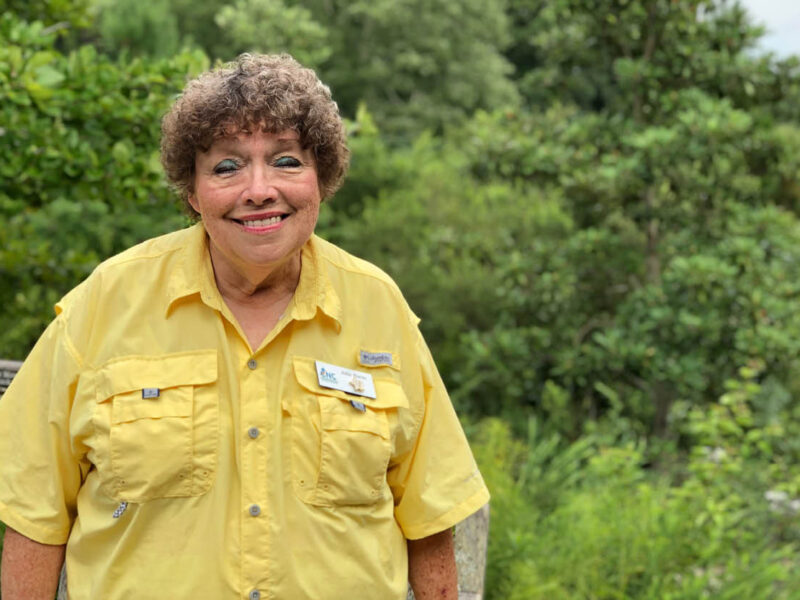
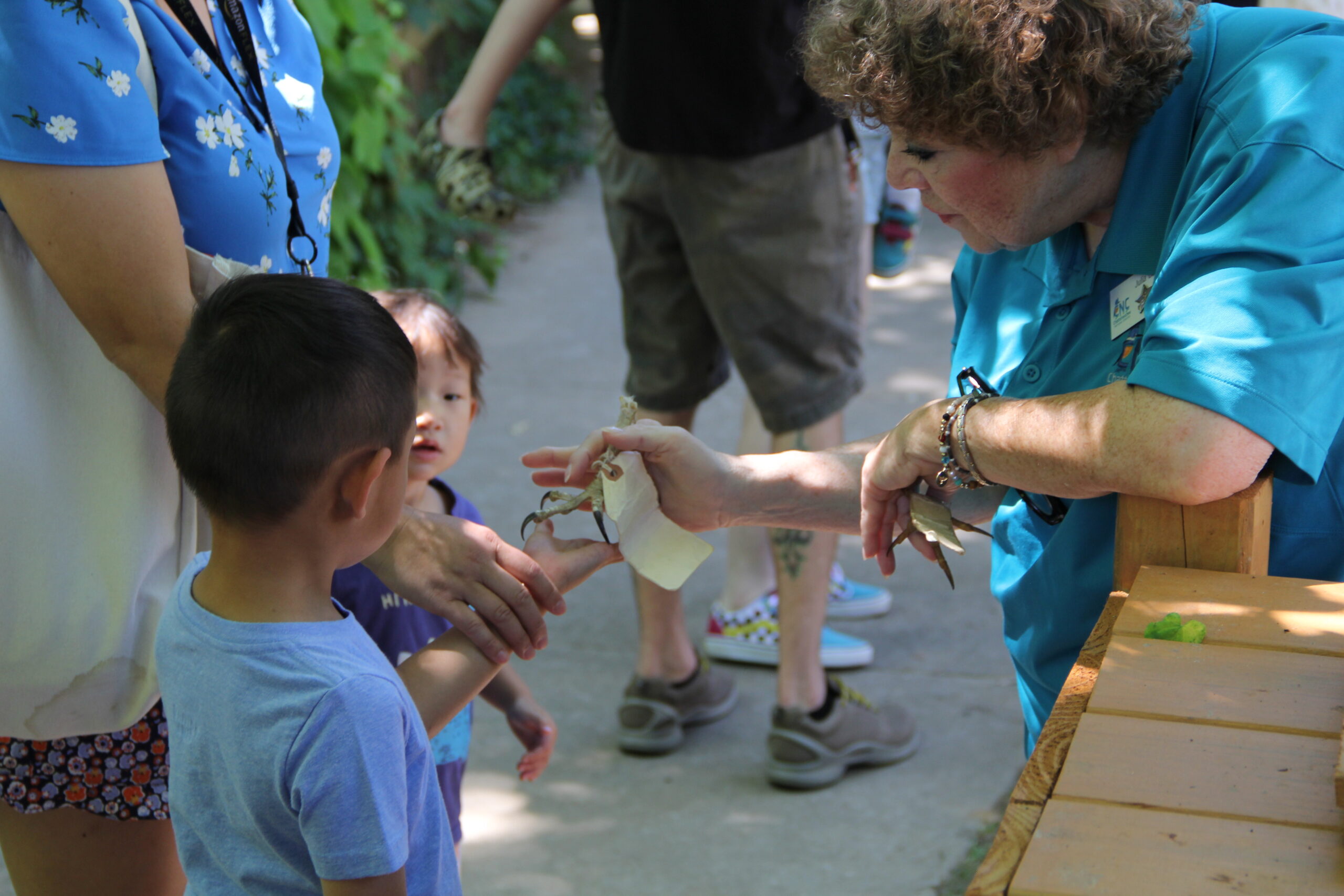 She was first introduced to CNC in the 1980s when she brought her children to the long-running autumn family festival, Halloween Hikes. Back then, the Center had one small building and a fraction of the displays and programs offered today. Yet, this experience instilled in her heart the desire to volunteer, and she brought her children back time and again over several years to feed the ducks, enjoy the honeybee viewing stations, and have picnics. According to Julia, every visit to CNC is unique. Visitors can choose to be introspective and reflective, or they can choose to engage and interact. In either case, “CNC is a safe space, both emotionally and physically. You can choose to experience it solo or with others.” She goes on to say, “Everything CNC does offers enrichment and clarification and dispels misconceptions. It is a place to think critically, to build relationships and community.”
She was first introduced to CNC in the 1980s when she brought her children to the long-running autumn family festival, Halloween Hikes. Back then, the Center had one small building and a fraction of the displays and programs offered today. Yet, this experience instilled in her heart the desire to volunteer, and she brought her children back time and again over several years to feed the ducks, enjoy the honeybee viewing stations, and have picnics. According to Julia, every visit to CNC is unique. Visitors can choose to be introspective and reflective, or they can choose to engage and interact. In either case, “CNC is a safe space, both emotionally and physically. You can choose to experience it solo or with others.” She goes on to say, “Everything CNC does offers enrichment and clarification and dispels misconceptions. It is a place to think critically, to build relationships and community.”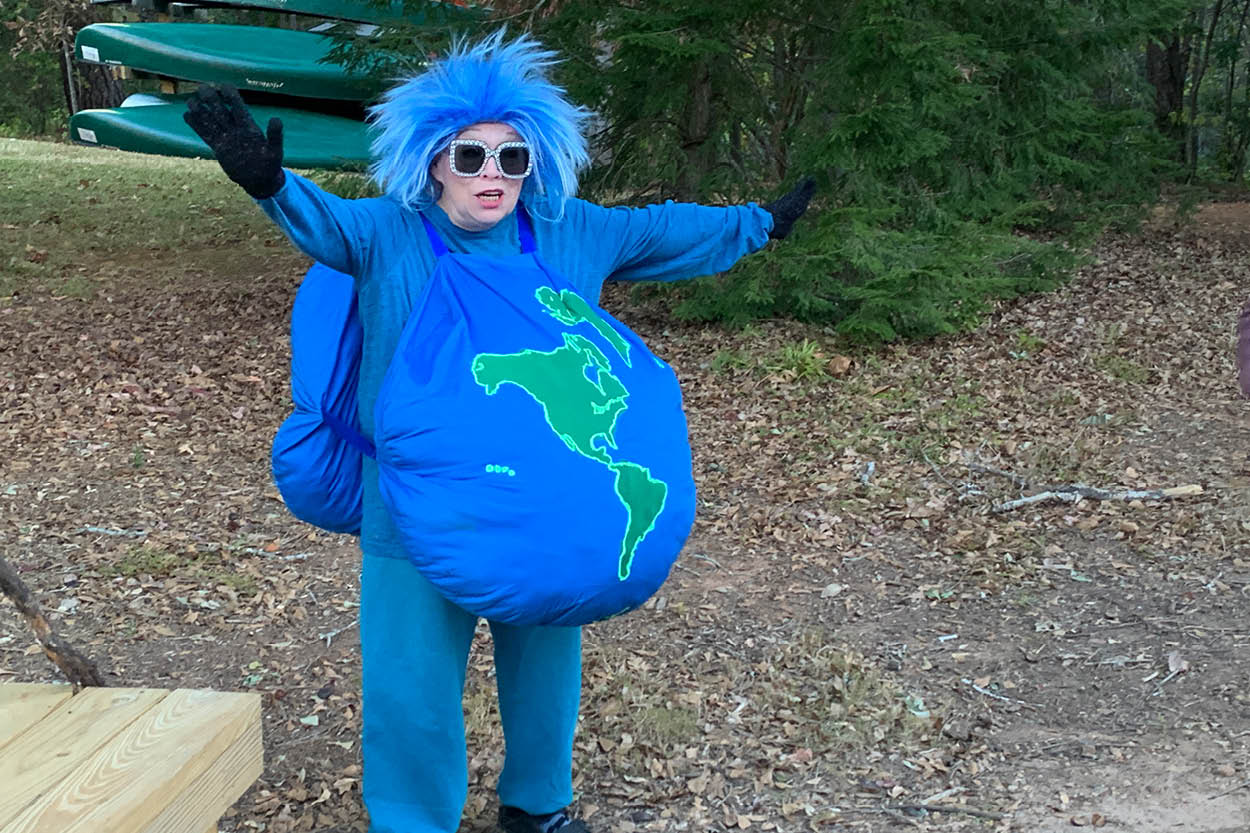 Now a Docent, Julia is often seen on campus with her biofacts cart filled with animal pelts, snake skins, and raptor feathers, among other interesting educational pieces. She takes special care to engage the adults that accompany children. “Parents are a child’s first teacher,” she says. She notes the importance of their education so that they, too, can become facilitators and models of lifelong learning. Julia feels that every CNC guest leaves with a heightened awareness of the impact of human behavior on our environment. For this reason, she cherishes dressing up as Mother Earth each year at CNC’s Halloween Hikes, where she bids farewell to each guest and encourages them to appreciate the earth and protect and preserve its resources.
Now a Docent, Julia is often seen on campus with her biofacts cart filled with animal pelts, snake skins, and raptor feathers, among other interesting educational pieces. She takes special care to engage the adults that accompany children. “Parents are a child’s first teacher,” she says. She notes the importance of their education so that they, too, can become facilitators and models of lifelong learning. Julia feels that every CNC guest leaves with a heightened awareness of the impact of human behavior on our environment. For this reason, she cherishes dressing up as Mother Earth each year at CNC’s Halloween Hikes, where she bids farewell to each guest and encourages them to appreciate the earth and protect and preserve its resources.
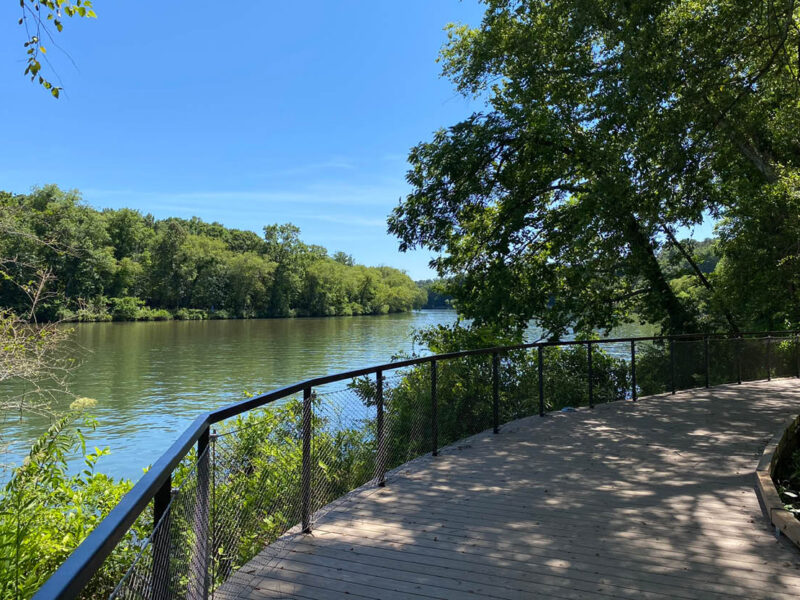
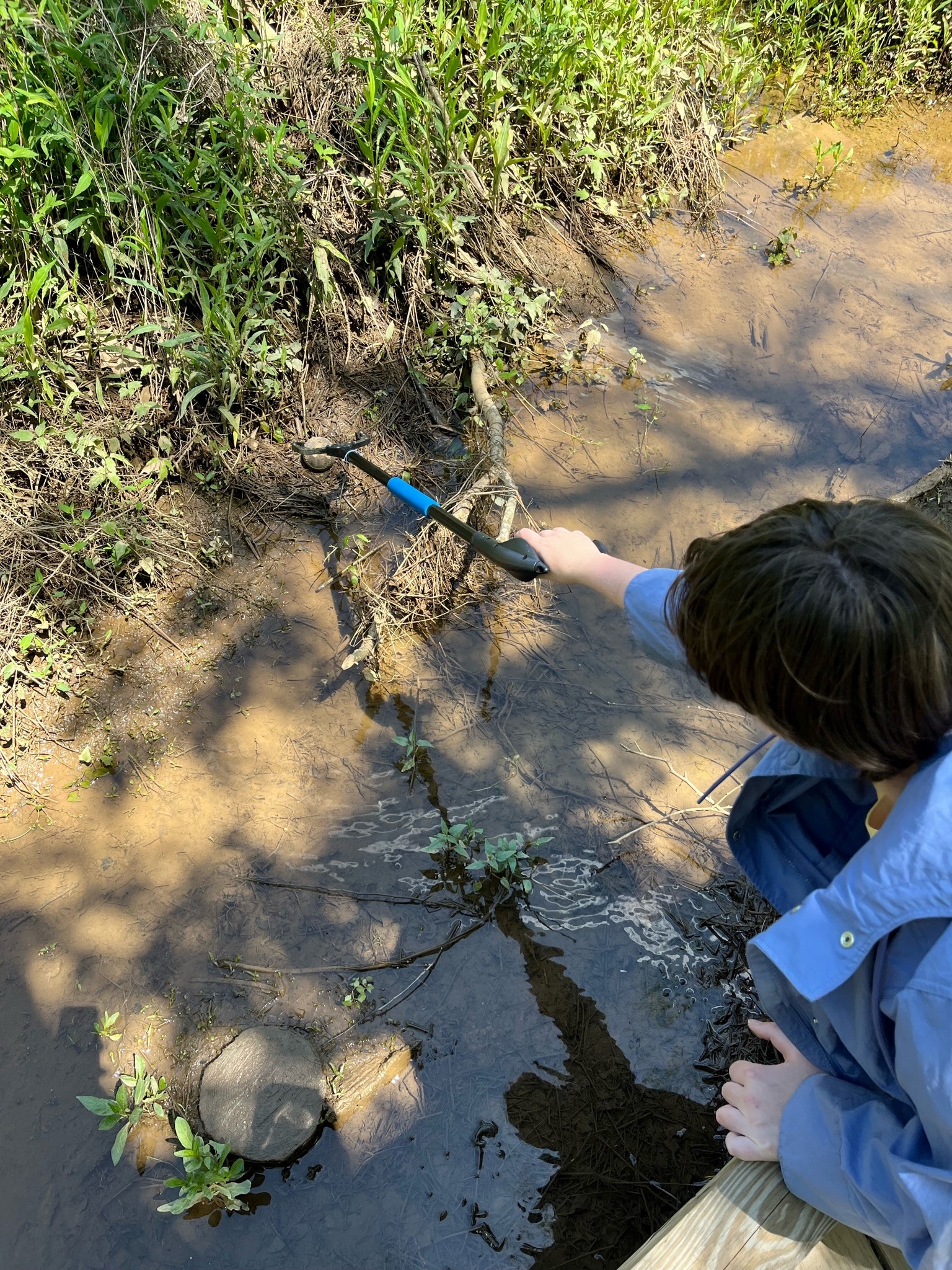 “Every Saturday, my mom, my brother, and I clean up the litter around the boardwalk area of the nature center. I am doing it as a Girl Scout project, and I somehow managed to convince my mom and brother to help. We often get strange looks, and sometimes people seem suspicious, gracious, or even guilty. However, one thing no one ever does is stop and help.
“Every Saturday, my mom, my brother, and I clean up the litter around the boardwalk area of the nature center. I am doing it as a Girl Scout project, and I somehow managed to convince my mom and brother to help. We often get strange looks, and sometimes people seem suspicious, gracious, or even guilty. However, one thing no one ever does is stop and help.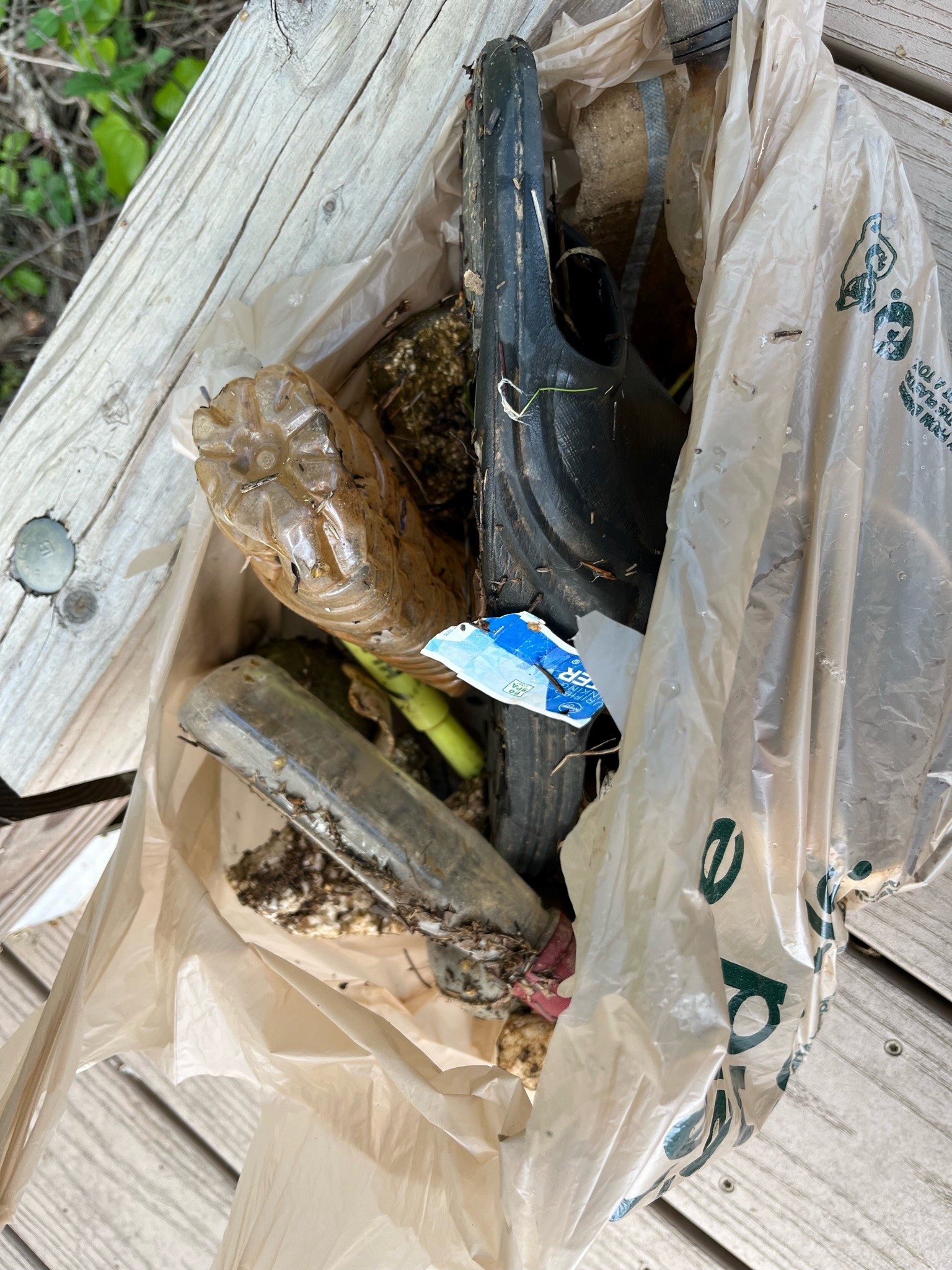 “One Saturday morning we found a shoe, while volunteering to clean up the boardwalk. The next Saturday morning, we also found a shoe. The next Saturday morning, we found a shoe. Every time my and I go to the CNC we have found at least one shoe. Never from the same pair, though. Where are all these shoes coming from?
“One Saturday morning we found a shoe, while volunteering to clean up the boardwalk. The next Saturday morning, we also found a shoe. The next Saturday morning, we found a shoe. Every time my and I go to the CNC we have found at least one shoe. Never from the same pair, though. Where are all these shoes coming from?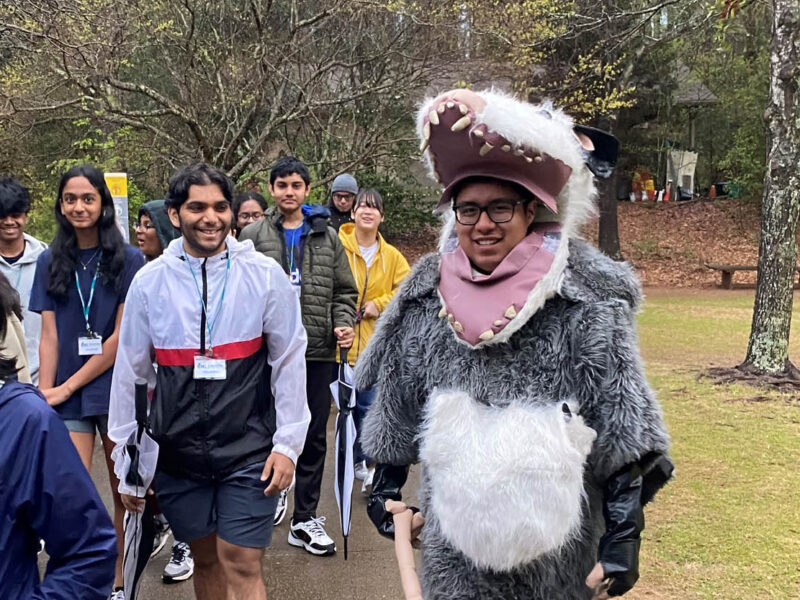
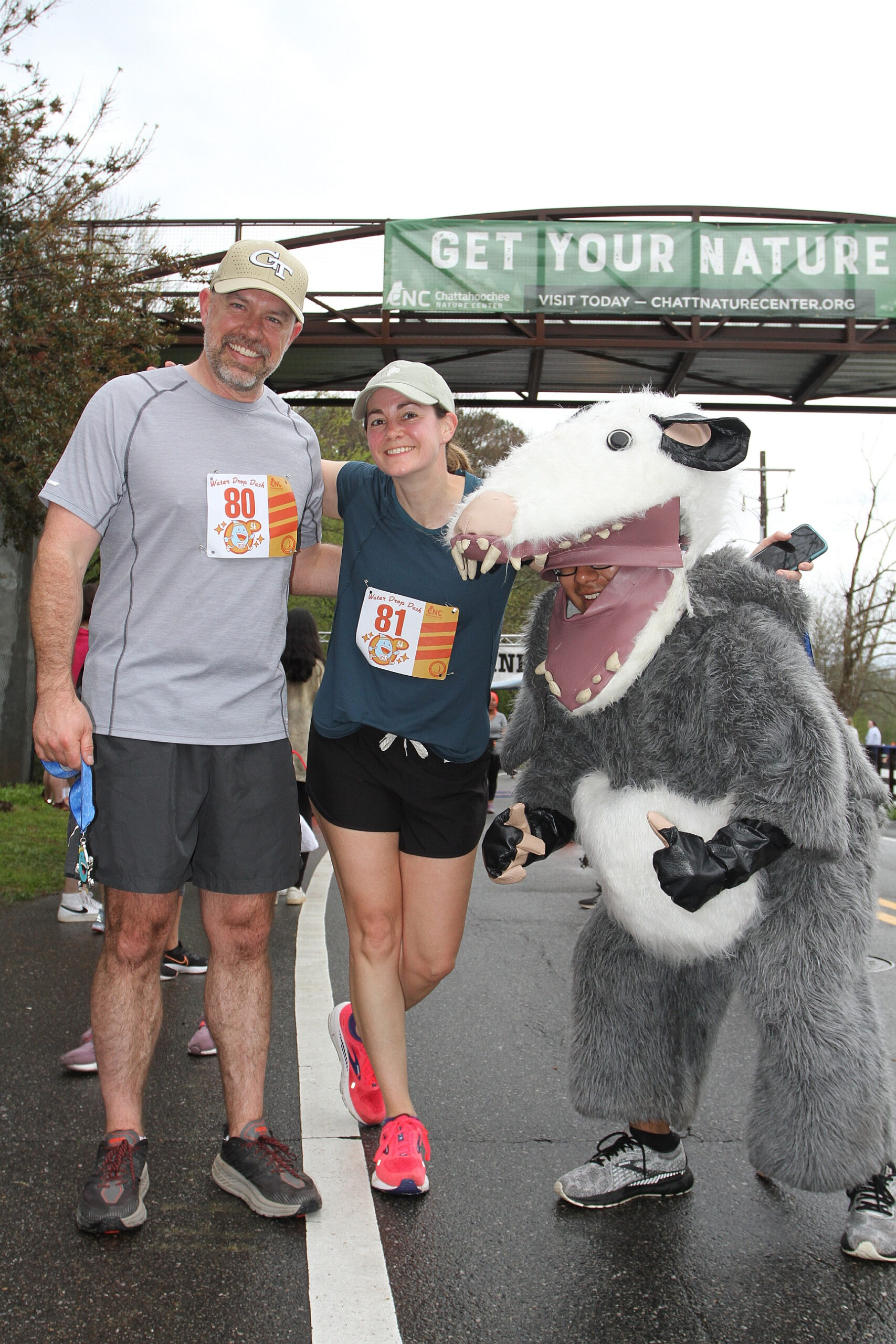
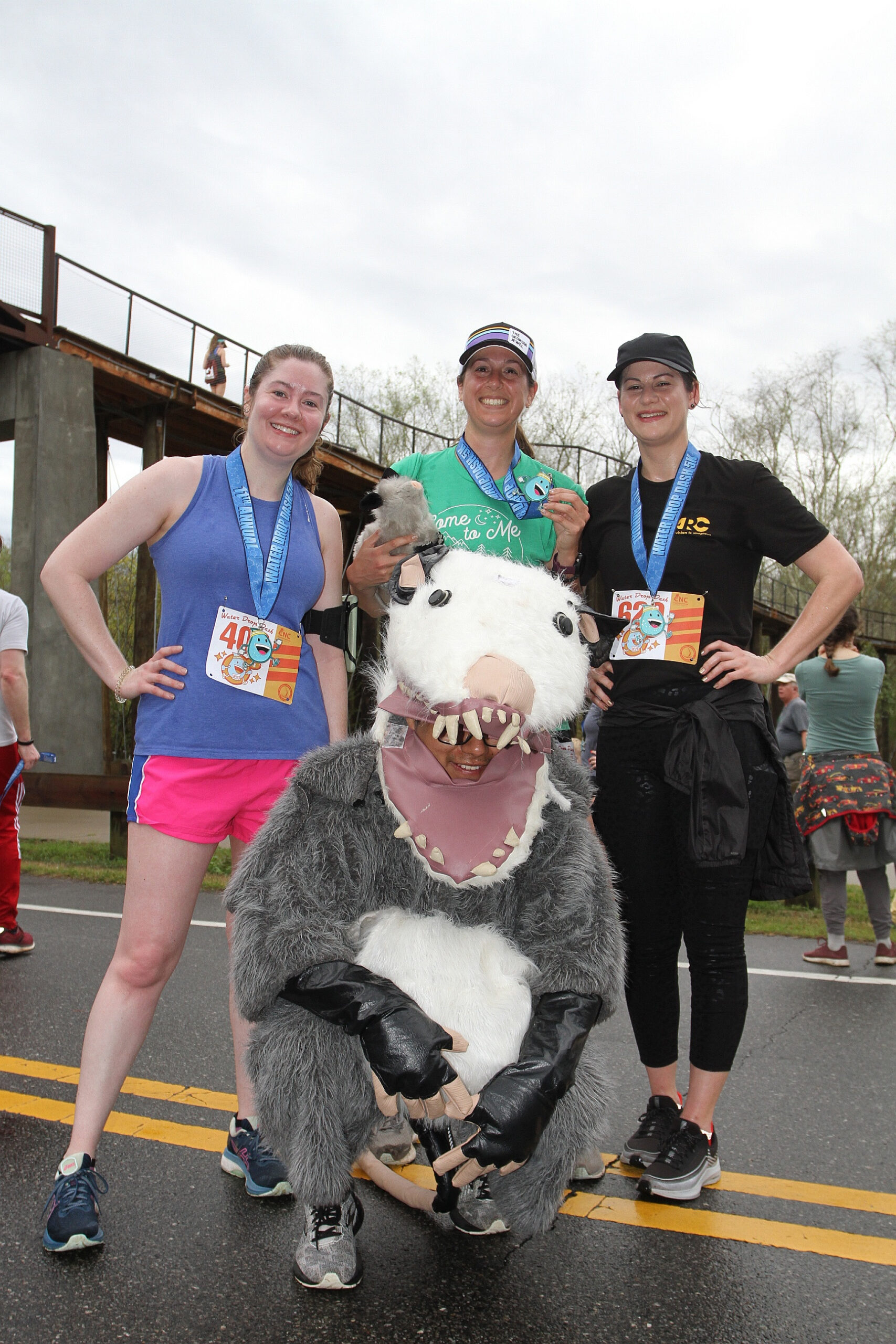
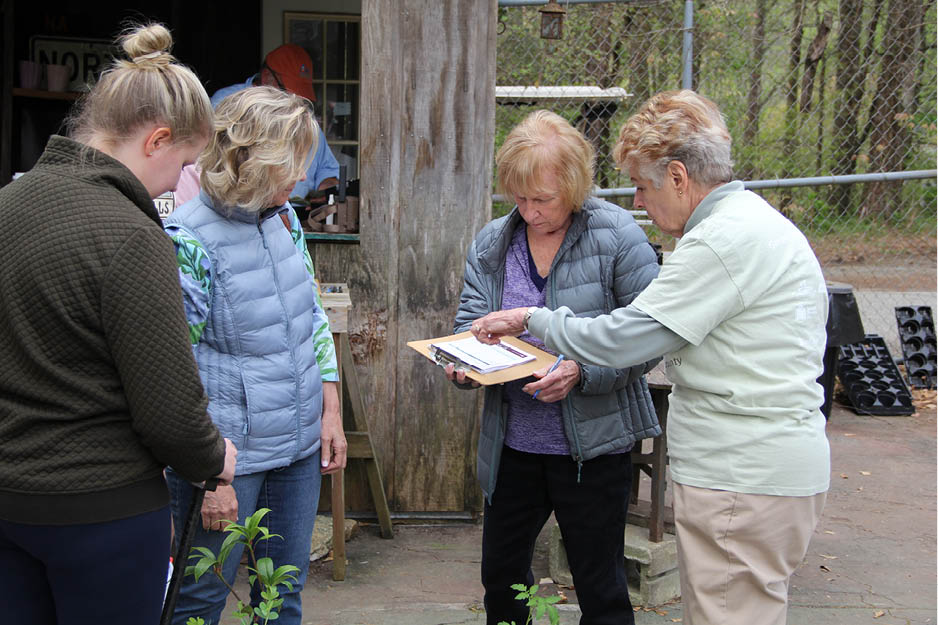

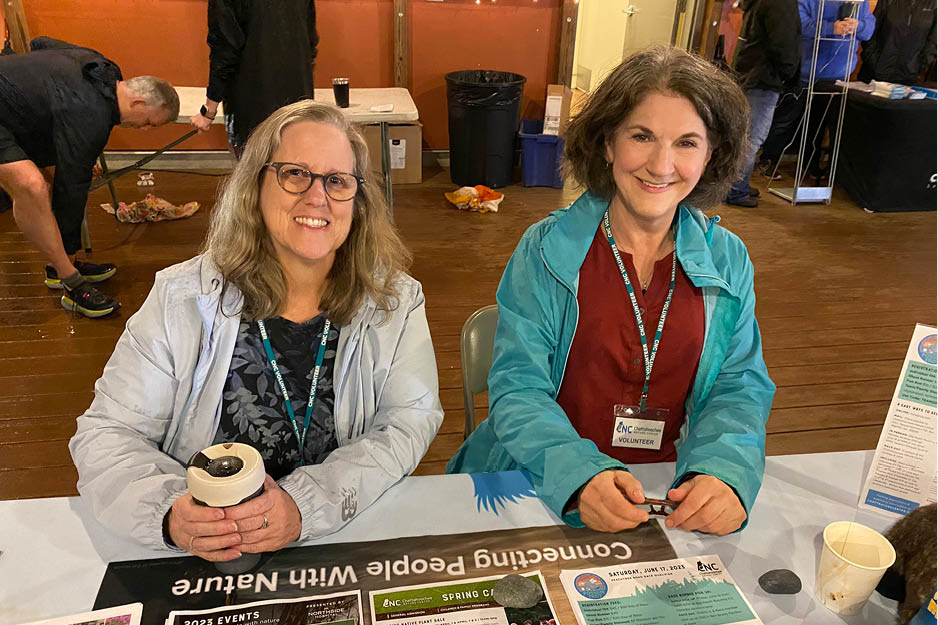
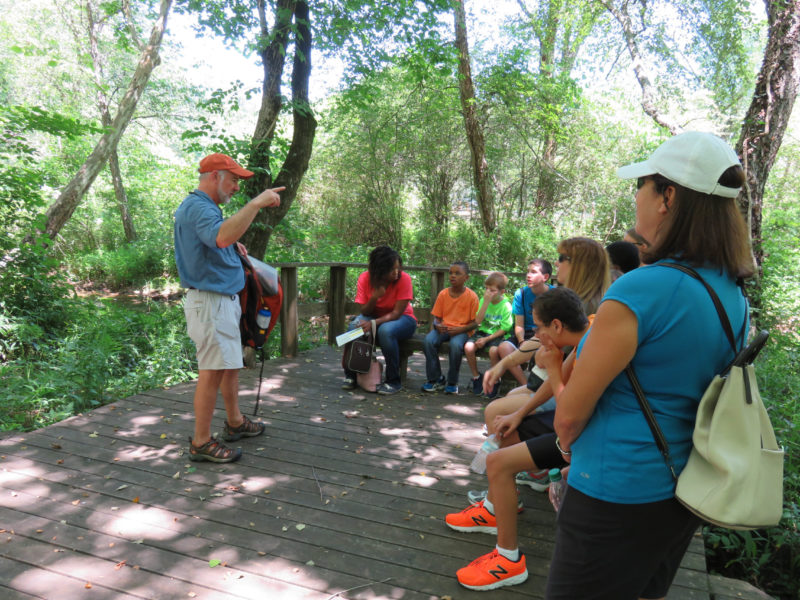
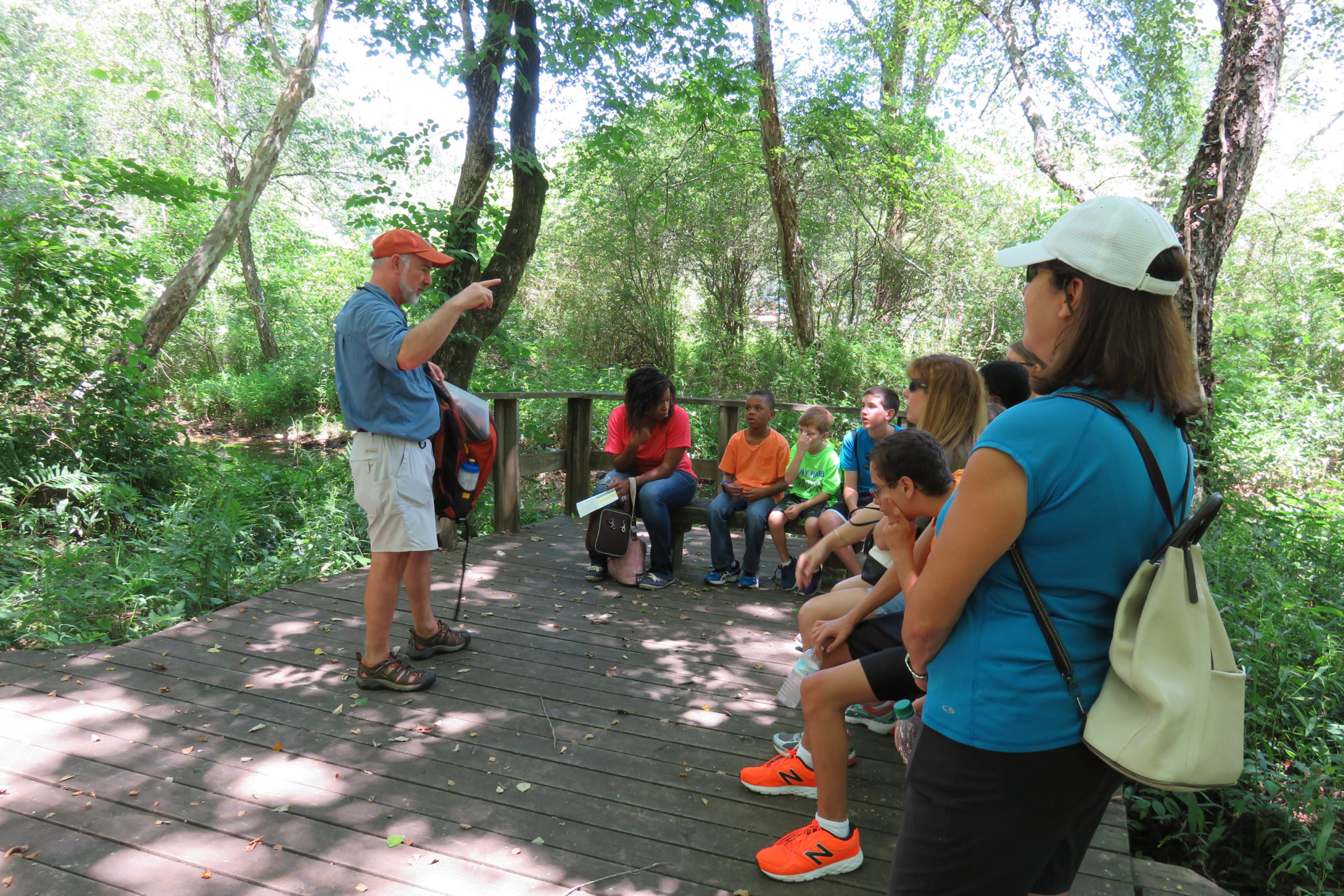
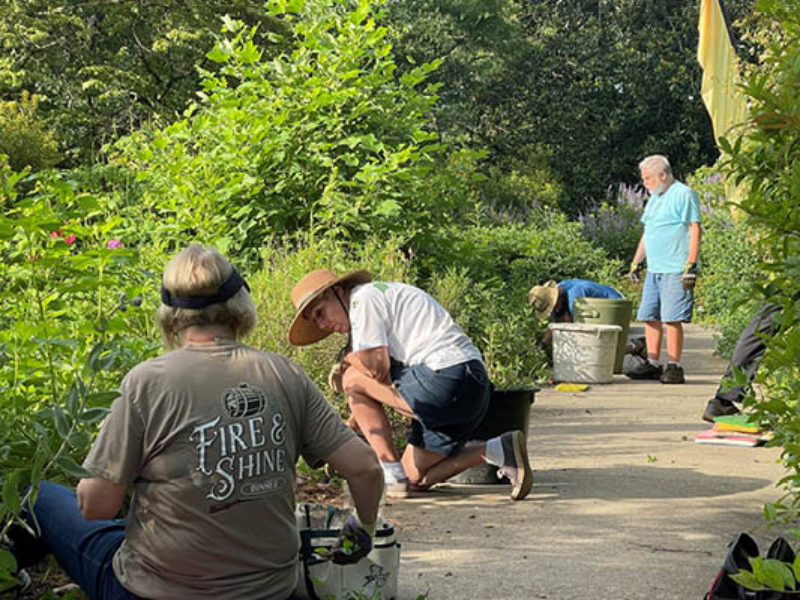
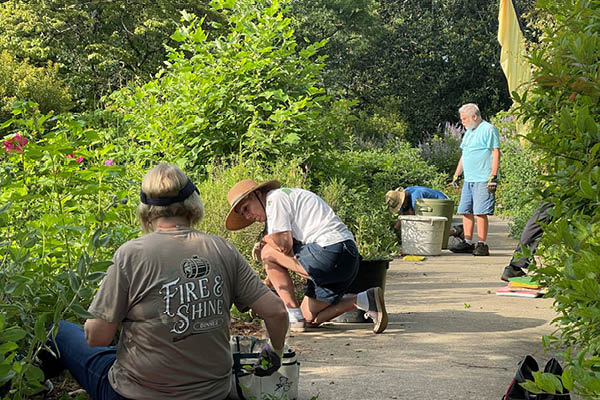
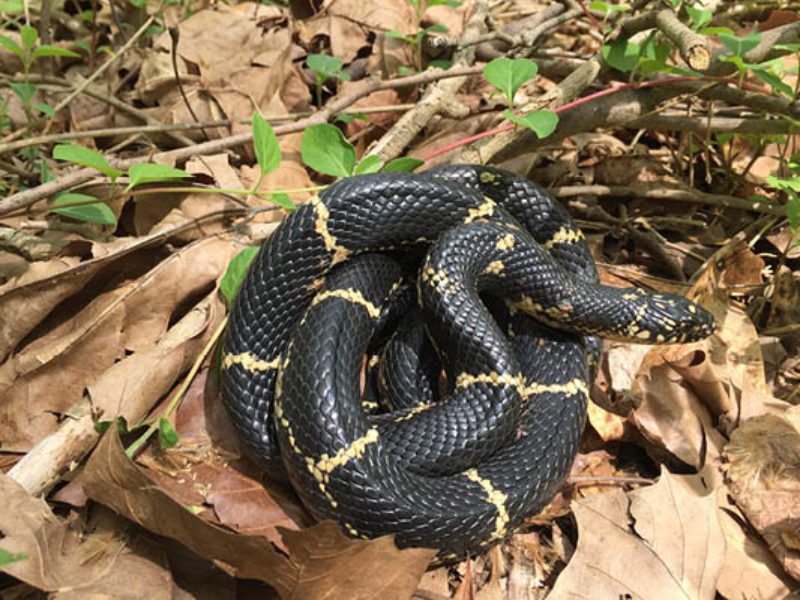
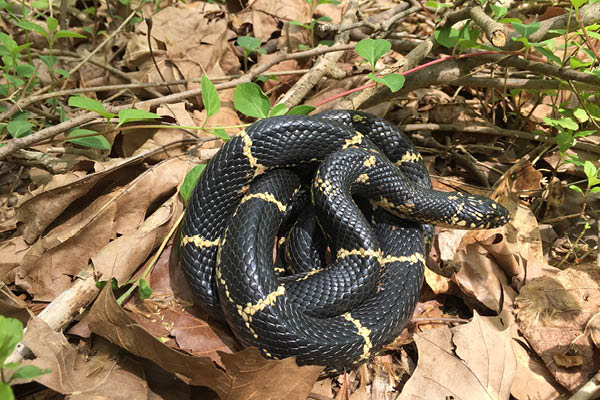
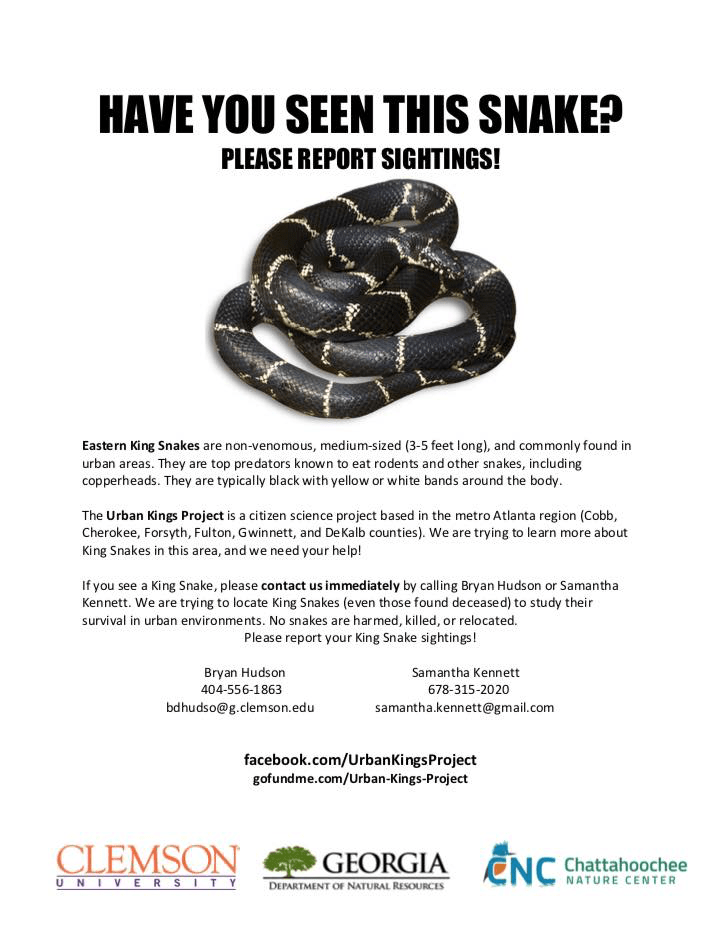
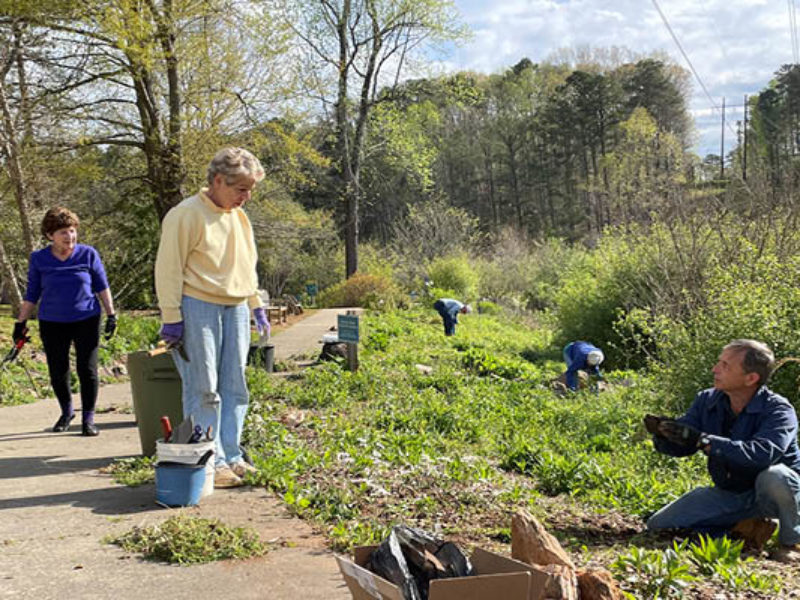
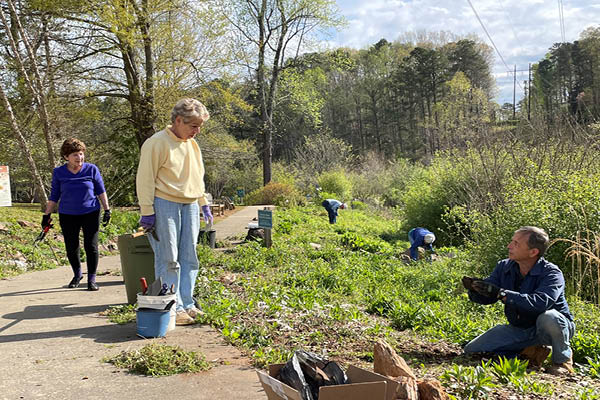
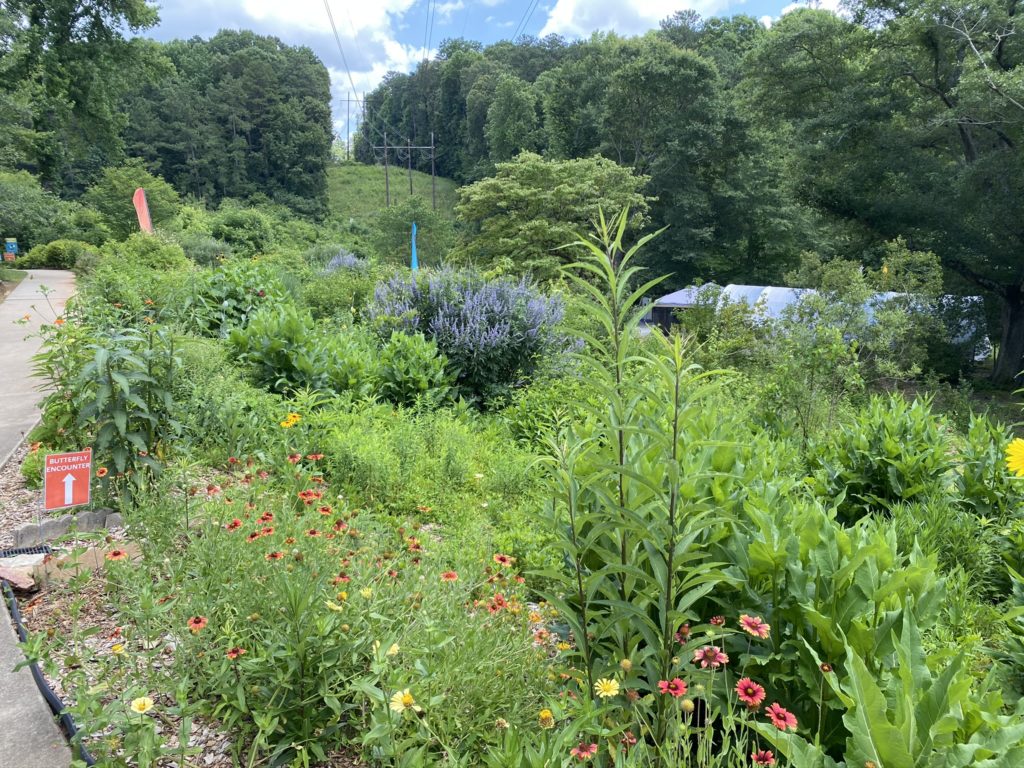
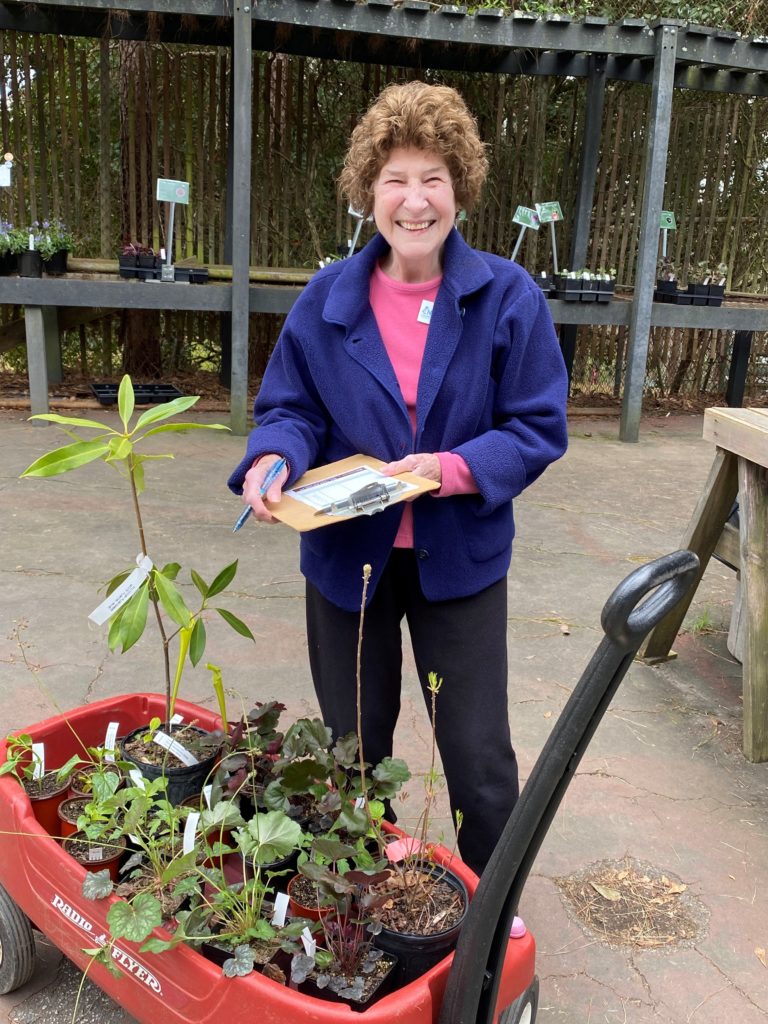
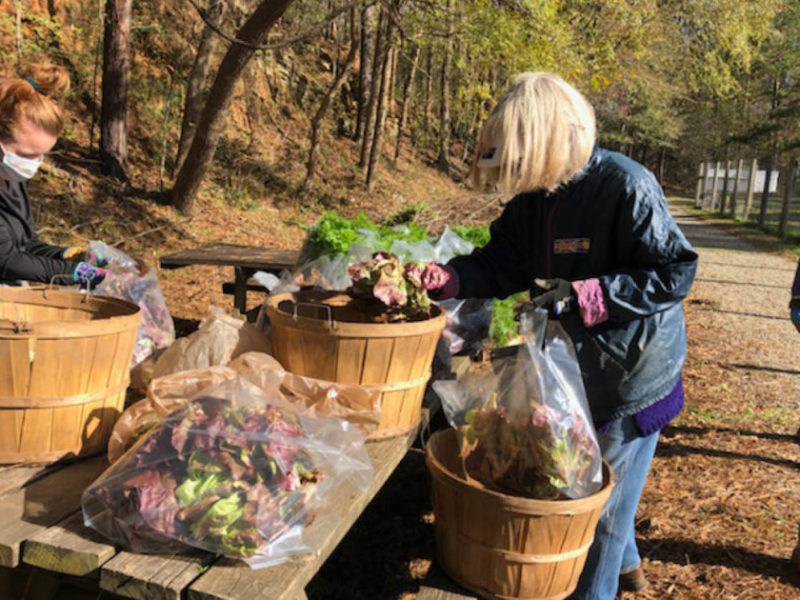
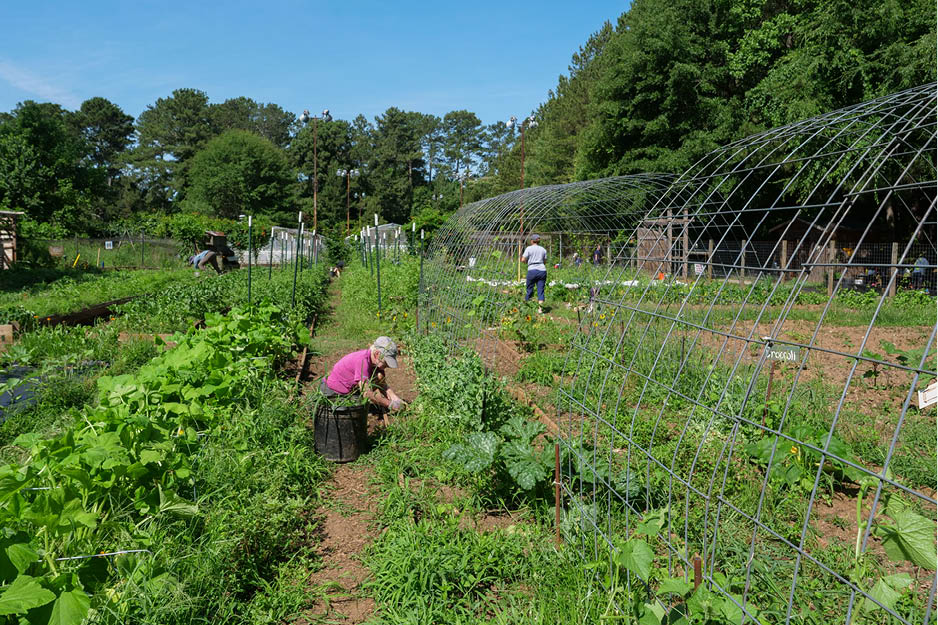 Big smiles as a longtime volunteer exclaimed “I just harvested my first ever cabbages!”.
Big smiles as a longtime volunteer exclaimed “I just harvested my first ever cabbages!”.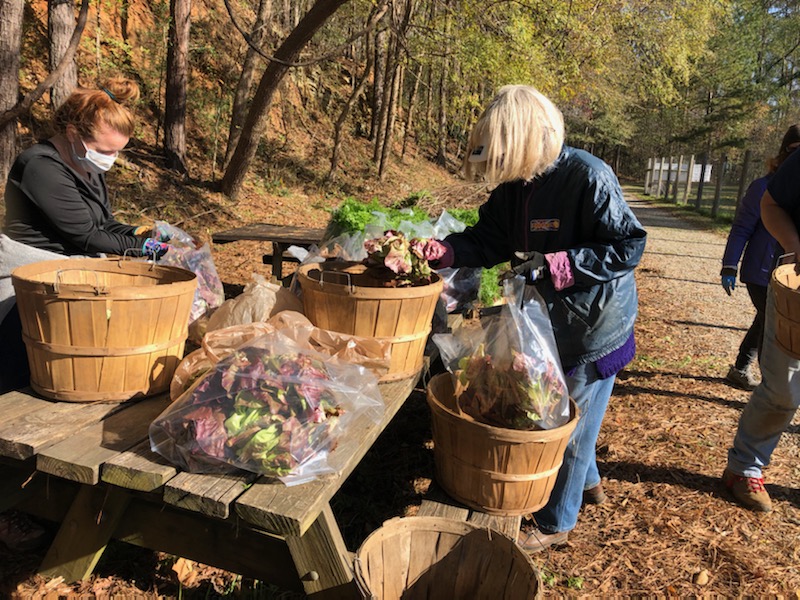 One volunteer who was a former teacher shared that it is rewarding to see the visiting children get excited about the vegetable garden and to see their faces when they learn where the food is going. Opportunity abounds for learning and teaching as well as for getting dirt under your fingernails, which may not be possible at home.
One volunteer who was a former teacher shared that it is rewarding to see the visiting children get excited about the vegetable garden and to see their faces when they learn where the food is going. Opportunity abounds for learning and teaching as well as for getting dirt under your fingernails, which may not be possible at home.